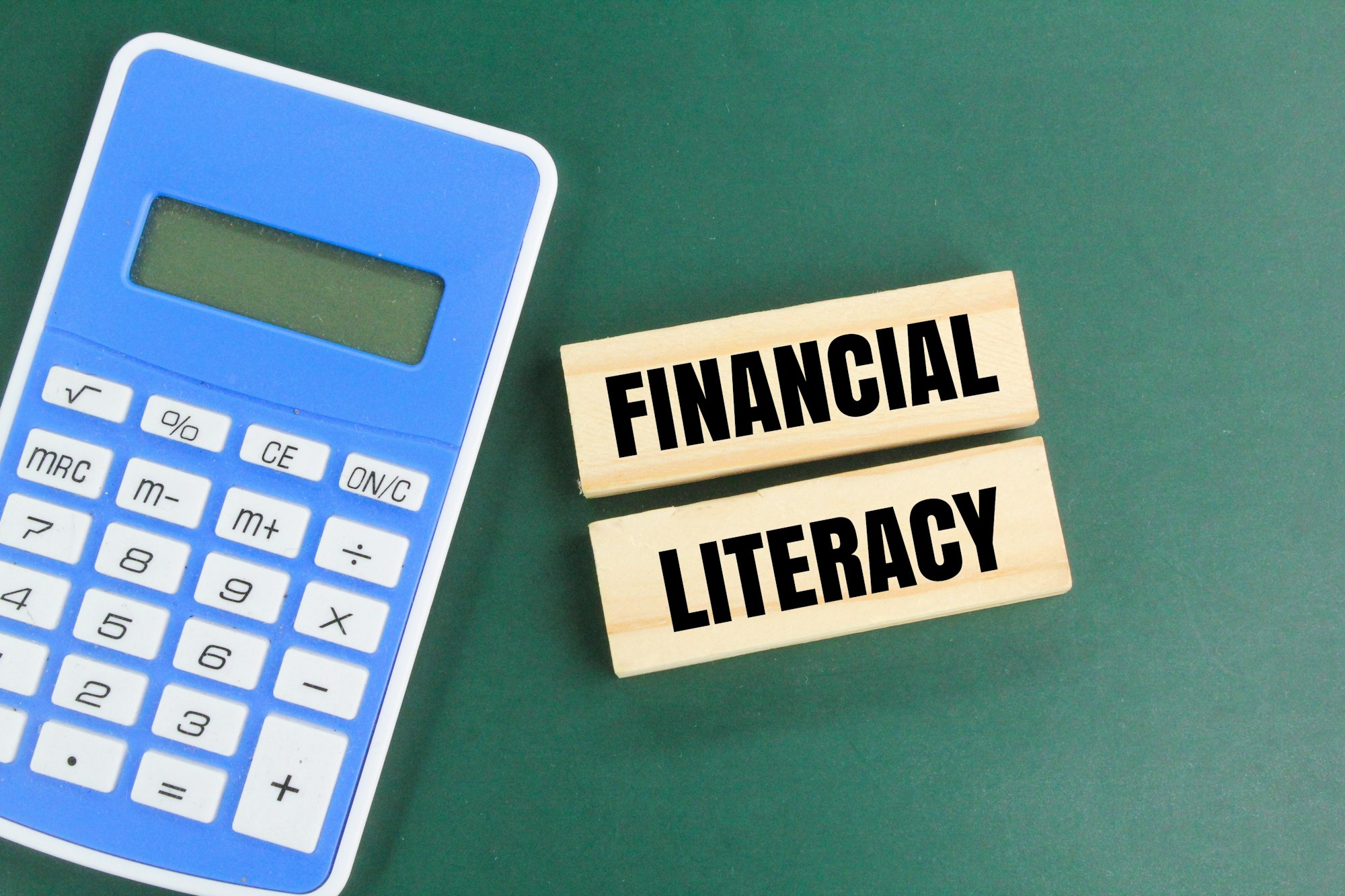In today’s fast-paced world, financial literacy is more important than ever. Understanding how to manage your finances can significantly impact your career success and overall quality of life. Whether you’re just starting your career or looking to improve your financial management skills, these essential tips will help you navigate your financial journey effectively.
1. Understanding Financial Literacy
Before diving into specific tips, it’s crucial to understand what financial literacy entails and why it’s important for career success.
1.1 What is Financial Literacy?
Financial literacy refers to the ability to understand and use various financial skills, including personal financial management, budgeting, and investing. It’s about being able to make informed and effective decisions with your financial resources.
1.2 Why Financial Literacy Matters
Financial literacy is crucial because it empowers you to make smart financial decisions, avoid debt, save for the future, and invest wisely. These skills are essential for achieving financial stability and success in your career.
2. Creating a Budget
Budgeting is the foundation of financial literacy. It helps you track your income and expenses, ensuring you live within your means and save for future goals.
2.1 Track Your Income and Expenses
Start by recording all sources of income and tracking your monthly expenses. Use tools like spreadsheets or budgeting apps to categorize and monitor your spending.
2.2 Set Financial Goals
Identify short-term and long-term financial goals. Short-term goals might include saving for a vacation or paying off credit card debt, while long-term goals could involve buying a home or retirement planning.
2.3 Create a Realistic Budget
Based on your income and expenses, create a budget that allocates funds to necessary expenses, savings, and discretionary spending. Stick to your budget and adjust it as needed.
3. Managing Debt
Effectively managing debt is a crucial aspect of financial literacy. Understanding how to handle debt responsibly can prevent financial stress and improve your credit score.
3.1 Understand Different Types of Debt
Not all debt is bad. Good debt, like student loans and mortgages, can be beneficial if managed wisely. Bad debt, like high-interest credit card debt, should be minimized.
3.2 Develop a Repayment Plan
Create a plan to pay off your debts, starting with those with the highest interest rates. Consider strategies like the snowball method (paying off smallest debts first) or the avalanche method (paying off highest interest debts first).
3.3 Avoid Accumulating New Debt
Live within your means and avoid taking on new debt unless necessary. Use credit cards responsibly and pay off the balance in full each month to avoid interest charges.
4. Saving and Investing
Building a savings habit and investing wisely are key components of financial literacy that can significantly enhance your career success and financial future.
4.1 Build an Emergency Fund
Aim to save at least three to six months’ worth of living expenses in an easily accessible account. This fund will provide a financial cushion in case of unexpected expenses or job loss.
4.2 Understand Investment Basics
Learn about different investment options, such as stocks, bonds, mutual funds, and real estate. Understanding risk and return is essential for making informed investment decisions.
4.3 Start Early and Be Consistent
The earlier you start saving and investing, the more you can benefit from compound interest. Make regular contributions to your savings and investment accounts, even if they are small.
5. Retirement Planning
Planning for retirement is an essential part of financial literacy that ensures long-term financial security and peace of mind.
5.1 Participate in Employer-Sponsored Plans
If your employer offers a retirement plan, such as a 401(k), participate and take advantage of any matching contributions. This is essentially free money that can significantly boost your retirement savings.
5.2 Consider Individual Retirement Accounts (IRAs)
In addition to employer-sponsored plans, consider opening an IRA. Traditional and Roth IRAs offer tax advantages that can help you grow your retirement savings.
5.3 Regularly Review and Adjust Your Plan
Periodically review your retirement plan and adjust your contributions and investment strategies as needed. Ensure you’re on track to meet your retirement goals.
6. Continuing Financial Education
Financial literacy is an ongoing process. Staying informed and continuously educating yourself about personal finance is crucial for long-term success.
6.1 Read Financial Books and Articles
Educate yourself by reading books, articles, and blogs on personal finance. Some recommended authors include Dave Ramsey, Suze Orman, and Robert Kiyosaki.
6.2 Attend Workshops and Seminars
Participate in financial literacy workshops and seminars. These events can provide valuable insights and practical tips for managing your finances.
6.3 Seek Professional Advice
Consider consulting with a financial advisor for personalized advice. A professional can help you create a comprehensive financial plan and provide guidance on complex financial matters.
Conclusion
Financial literacy is a crucial skill that can significantly impact your career success and overall quality of life. By creating a budget, managing debt, saving and investing wisely, planning for retirement, and continuing your financial education, you can achieve financial stability and long-term success. Remember, the key to financial literacy is making informed decisions and being proactive in managing your finances. Start today, and take control of your financial future.


